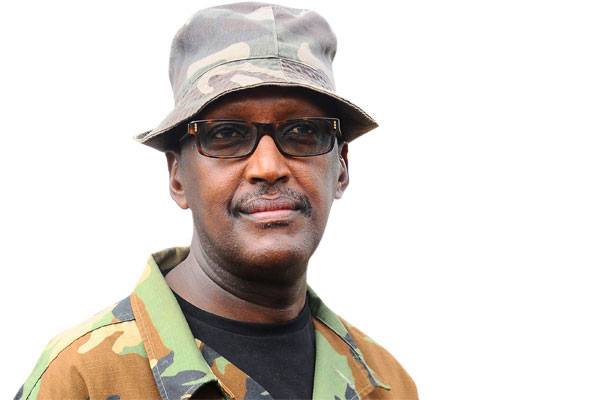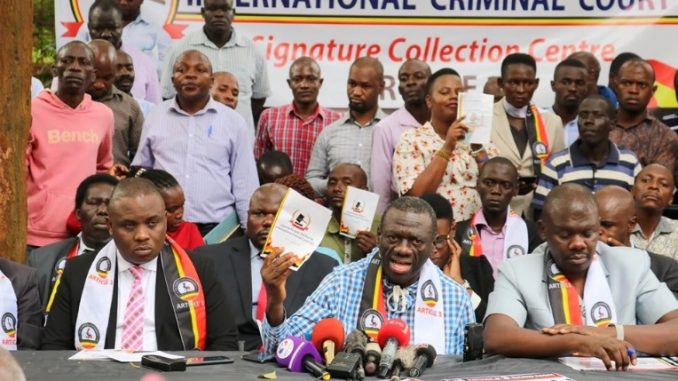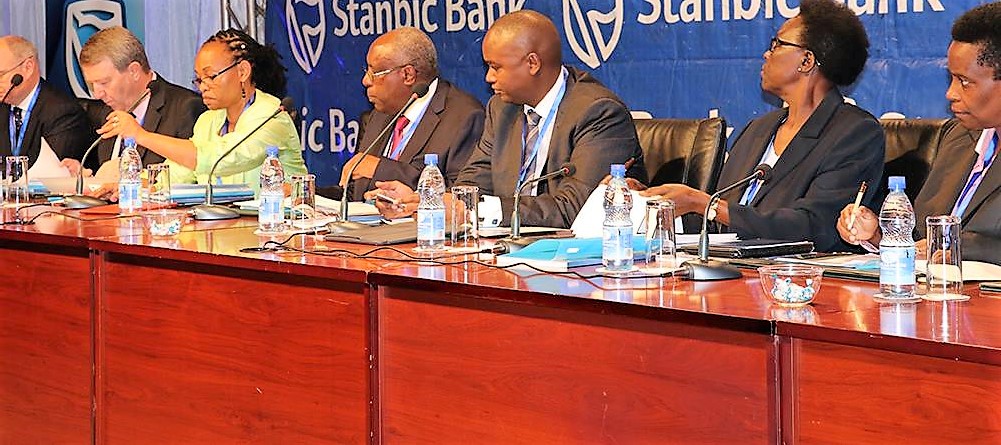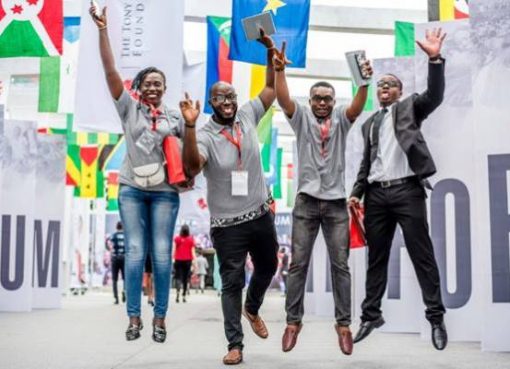The government has been urged to fix Uganda’s ailing economy and security before rushing to fix the media.
The call was made by Media experts on Tuesday during a meeting convened at Office of the President in Kampala to assess media coverage on national security.
As per the program, the topic of discussion was: Effects Of Fake News and Media Leaks. The meeting was convened by Lt. General Henry Tumukunde, Uganda’s Minister Of Security.
However, the topic was changed to the ‘Role Of Media In Promoting Socio-Economic Development of Uganda’.
During the discussion, Tumukunde said the media is crucial in upholding national security.
“We who work in security pick a lot from media; both the media and security agencies deal in information in order to turn it into intelligence. Once we have a common ground from today, we shall have proper information to give the public and collectively define our national interest,” Tumukunde said.
He added: “…Information is power and perceptions can be changed by different types of media. Freedom of expression is not only fundamental, but an essential part of peace in society.”
However, media experts wondered why the topic was changed all of a sudden, noting that the relationship between the media and security agencies wasn’t all smooth.
Margaret Sentamu, the Chairperson of Uganda Women Media Association, called on security agencies to fix the security crisis in the country, noting that the notorious ‘kifeesi’ group is almost taking over the country.
“If Felix Kaweesi is gunned down in broad day light, how about me? This is insecurity at the highest manner, and, when media tries to cover those stories, they are told you should stop,” Sentamu said, alluding to the court order that was slapped on media houses, barring them to report about investigations surrounding Kaweesi’s death.
She added: “…Security is when you feel it, it is not about guns, so many security agencies; as a citizen, I have to feel that I am secure and safe. This talking and talking, we need to see it translated into actions.”
She explained that the biting poverty, high unemployment levels and social inequalities between different groups are sources of insecurity in the country.
Prime Minister, Ruhakana Rugunda called on journalists to cover news with caution stating; “If there is an issue concerning national security, don’t be quick to put it on air.”
Kin Karisa, the Chairperson of National Association of Media Broadcasters (NAB) noted that government has guaranteed some relative media freedom, but asked it to fix some loopholes in the media freedoms.
He however, lashed out at government for being cagey with information, noting that the over 80 Ministers don’t want to give out information, leaving President Yoweri Museveni to almost be the spokesman of everything.
“We used to have press briefings done by Governments, I don’t know what happened. I no longer see them; a Government that is responsible has to communicate to its citizens. Security only communicates when there is insecurity. Then Asan Kasingye (Police Spokesman) will come up with a statement, saying; what you are seeing isn’t factual. What you are saying as media houses isn’t factual, this is what happened. But I think he can do better,” Karisa said.
He added: “The hardest thing to get is to get a Minister to comment about something. I don’t know if you have decided as Ministers to leave Museveni, to hustle alone with his Government; Ministers aren’t communicating.”
Karisa singled out the ailing economy, noting that Finance Minister, Matia Kasaija has eluded updating the nation on what’s happening, leaving his junior Minister, David Bahati (State Minister for Planning) to answer the hard questions relating to the poorly performing economy.
“We have a bad economy, so it is elsewhere, I don’t think it is any better in the US or Kenya, things are bad and tough. But where is the Minister of Finance? If Parliament is looking for him and he isn’t anywhere, can we get him as media houses? Nobody wants to see Bahati, they want to see Kasaija, things are bad, so communicate,” Karisa said.
He added: “Don’t give us your classified information, give us information that is enough to inform the public. We know what is classified, keep it to yourselves, but inform Ugandans. If there is a crisis, try to be as truthful as possible, because media is so inquisitive.”
He called on government to fix loopholes in their information systems, noting that if they lie about certain facts, sources inside the security bodies will always leak the true information to media.





